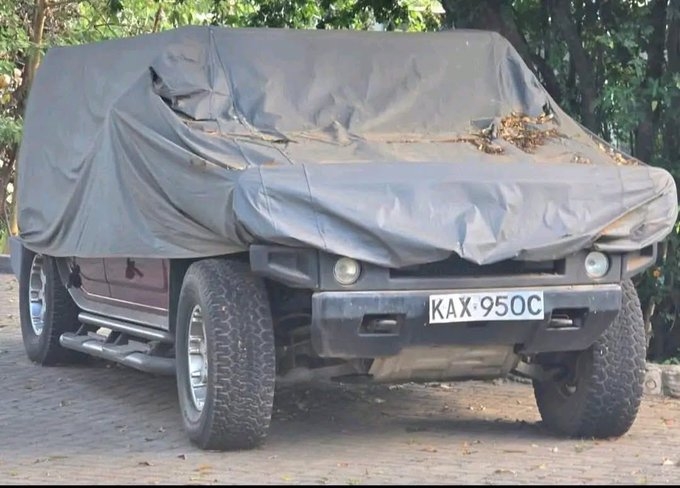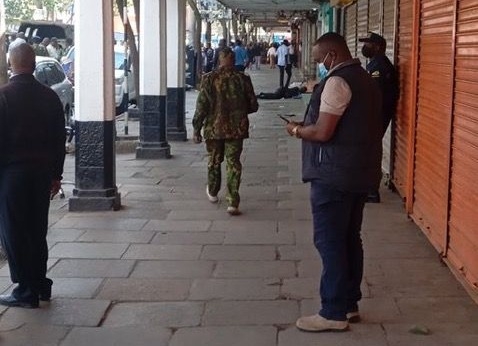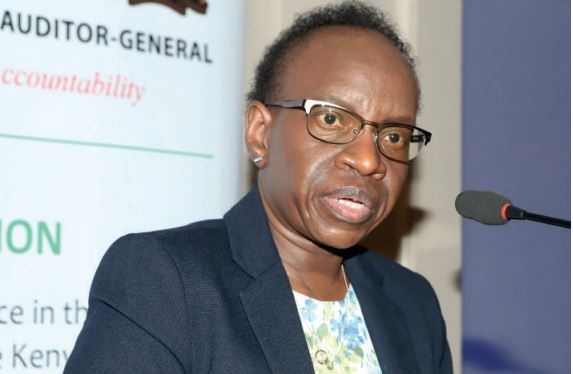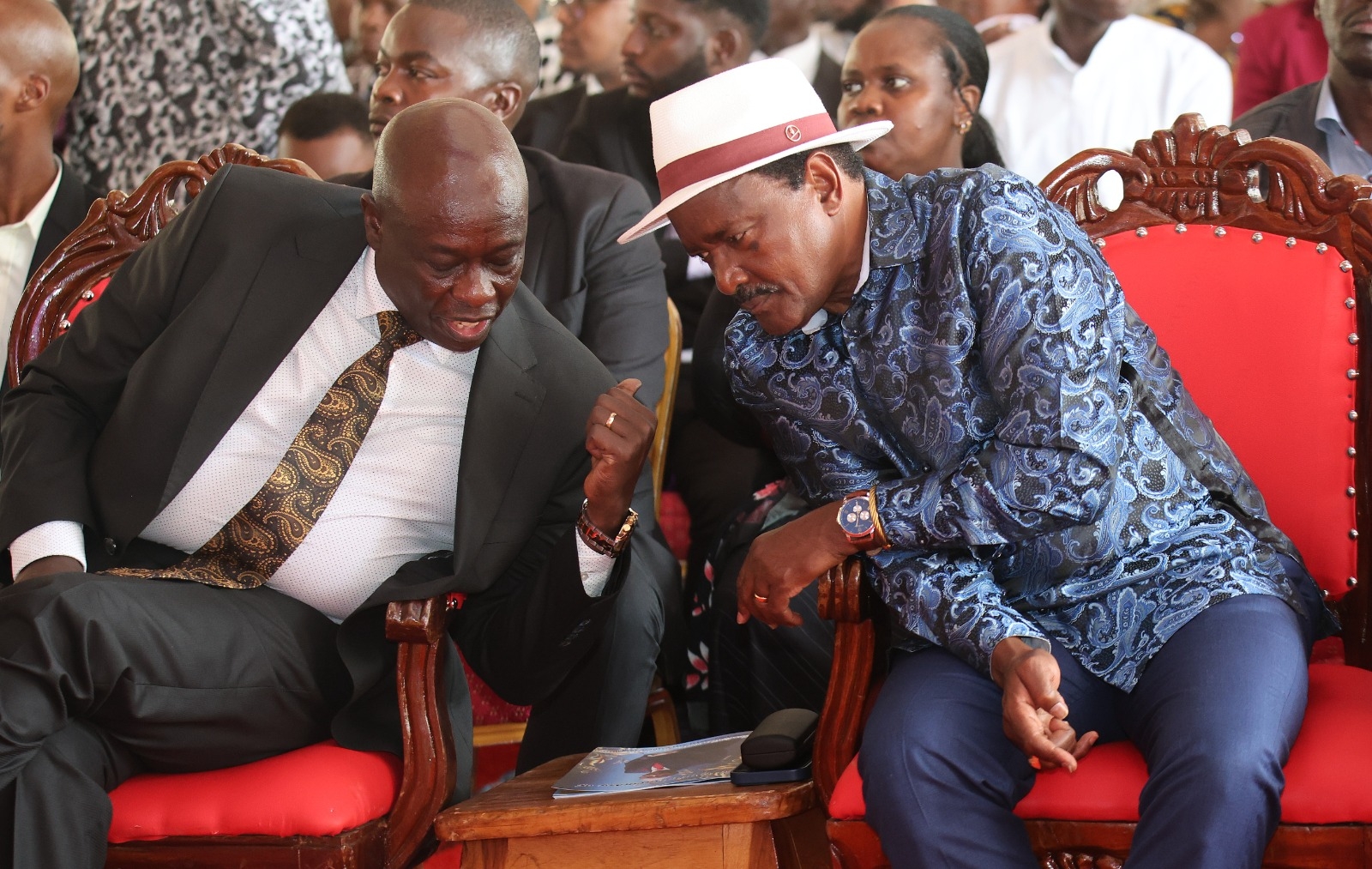
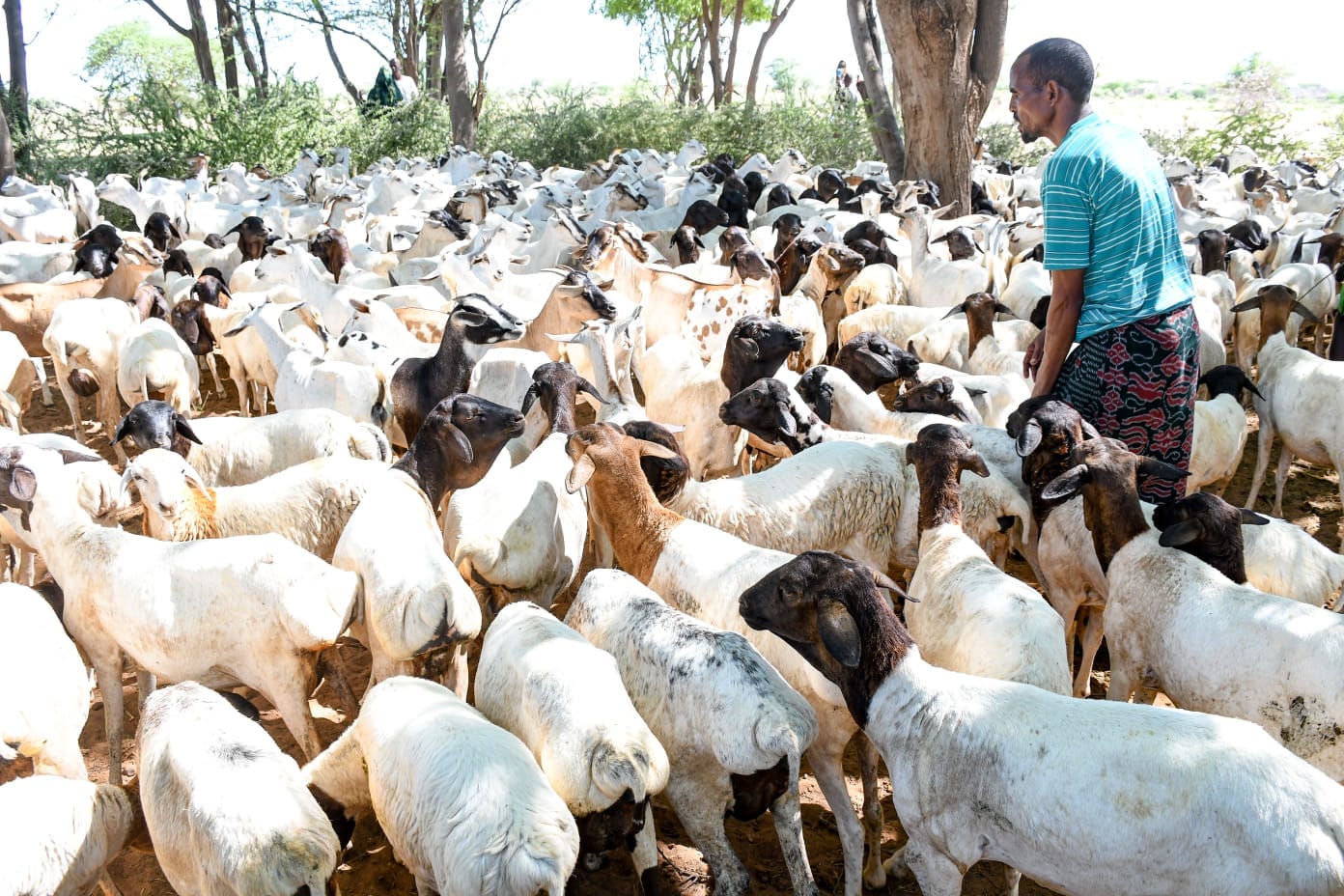
Mercy Corps, a team of global humanitarians, has partnered with Wajir County to strengthen livestock production and resilience.
Livestock production in Wajir is the dominant economic activity in the county and plays an integral role in driving the local economy.
More than 80 per cent of the population depends on livestock for their livelihoods and food security.
Issa Garore, transport executive, said the partnership underscores a shared commitment to strengthen Wajir’s livestock sector, enhance food security and promote sustainable economic development for pastoralist communities.
He said the county gets a good amount of revenue from the sector hence the continued allocation of substantial funds.
“Livestock farming is the backbone of our economy. As a county, it is our obligation to support our farmers to ensure they reap the maximum benefits by taking care of the livestock‚” Garore said.
He said the support from state and non-state actors will help the community navigate the harsh climate conditions that have hit the sector.
Diba Waqo, regional director of the Cross-Border Regional Livestock Programme said the mission of RLP is to enhance livestock production and resilience through strategic collaborations
The programme seeks to scale up routine livestock vaccination and animal health services by harnessing private-sector partnerships, while also supporting local farmers in producing quality fodder and feeds to supplement traditional rangeland systems.
Additionally, the initiative seeks to promote sustainable rangeland management through establishment of Rangeland Management Committees in selected wards, focused on regenerating and protecting natural grazing areas.
Another key focus of the RLP is unlocking the economic potential of camel milk by empowering local traders to increase production, improve value addition and tap into broader markets—ultimately enhancing livelihoods across the county.
“This collaborative engagement underscores a shared commitment to strengthening Wajir’s livestock sector, enhancing food security and promoting sustainable economic development for pastoralist communities,” he said.



